California’s governor, Gavin Newsom signed a bill into law last November that will prohibit the sale and manufacturing of several popular snacks in the state.
The bill aims to remove snacks that contain a plethora of “toxic” and cancer-causing ingredients such as brominated vegetable oil and potassium bromate. This could see popular snacks such as Skittles PEZ and over junk foods removed form the market.
US Snack Companies Come Under Attack

In recent years, various snack companies in the US have come under attack due to potentially carcinogenic or cancer-causing ingredients contained within their products.
This led to California Governor Gavin Newsom signing a bill into power last fall that prohibits the manufacturing and sale of snacks that contain certain ingredients, per Fox Business.
Harmful Side Effects of US Snacks
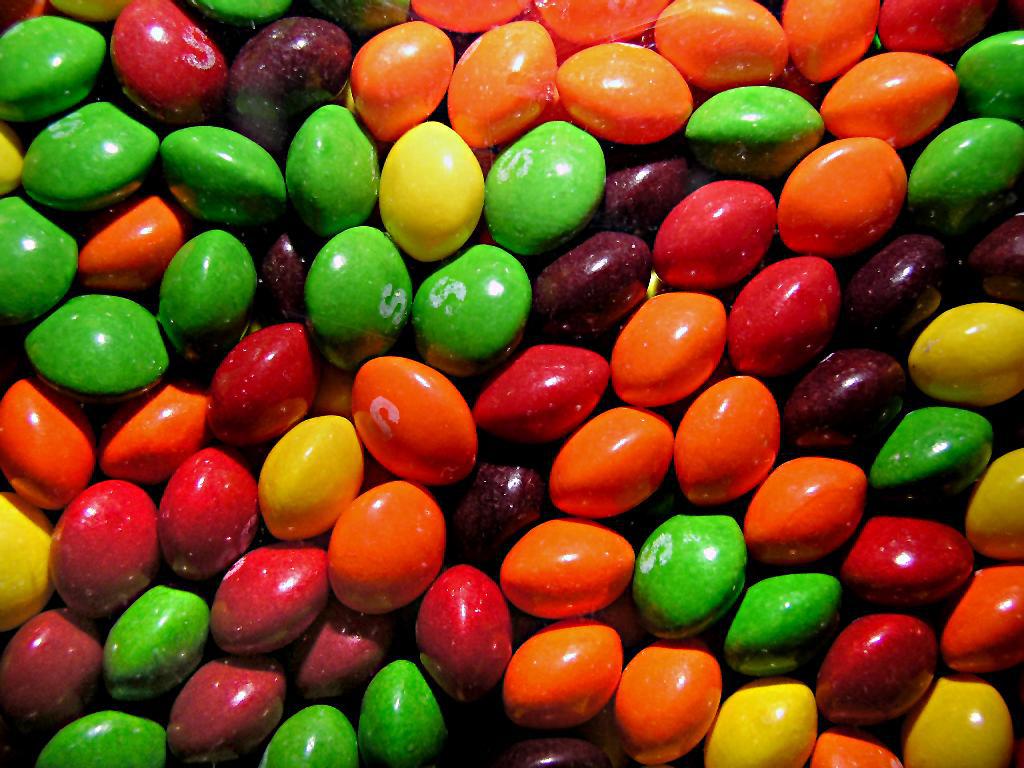
Newsom’s new law would prohibit American snack companies from using ingredients such as potassium bromate, propylparaben, brominated vegetable oil, and red dye 3.
According to researchers, the ingredients are linked to neurobehavioral effects in children, digestive problems, and an increased risk of cancer, per Consumer Reports.
New Snack Law Comes into Effect in 2027

California’s new law will take effect at the beginning of 2027, and any violations will result in a civil penalty.
However, the Golden State is not the only one looking to ban harmful ingredients. New Jersey, New York, Illinois, Missouri, and Pennsylvania are all working on new food laws.
New York Working on a New Bill

The state of New York is also working on a bill that could “prohibit the use of certain substances as food additives or color additives in the manufacture and commercial distribution of food products.”
Like California, the New York Senate aims to ban propylparaben, red dye 3, brominated vegetable oil, potassium bromate, and titanium dioxide.
American States Propose Bills to Ban Cancer-Causing Ingredients

Pennsylvania and Missouri look set to follow in California’s footsteps as legislators in the states are currently working on a bill to prohibit the use of several ingredients in their snacks.
Whereas Illinois introduced its own version of a bill last fall that prohibits the manufacturing, distribution, and sale of food items and drinks that contain brominated vegetable oil, propylparaben, potassium bromate, and red dye 3.
Food Agencies Announce Brominated Vegetable Oil is Not Safe

In November of last year, the Food and Drug Administration announced they planned to denounce the use of brominated vegetable oil after studies “clearly show adverse health effects in animals in levels more closely approximating real-world exposure.”
The FDA stated that it “can no longer conclude that this use of BVO in food is safe.”
Foods That Could Be Affected
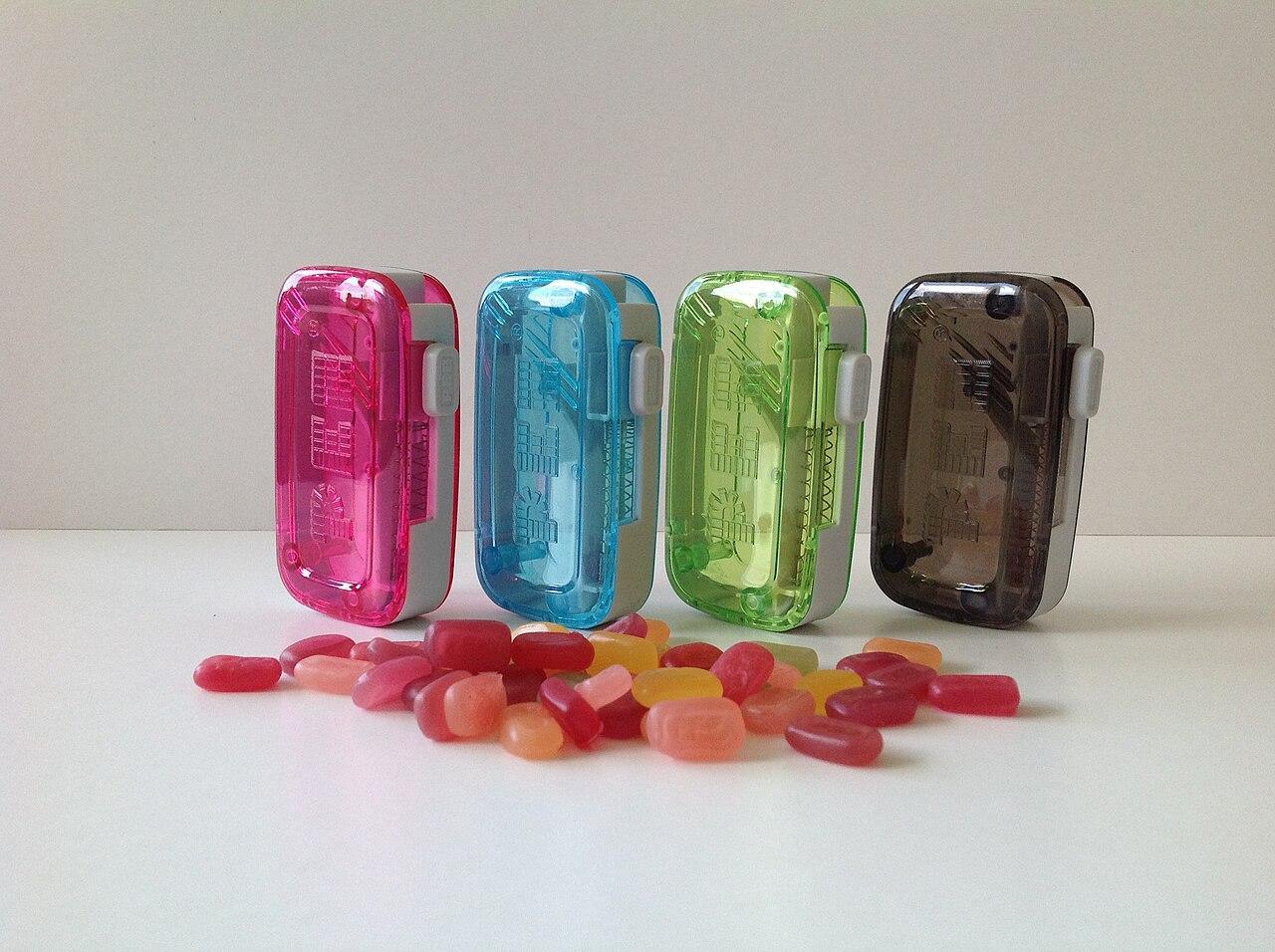
Several of America’s most famous snacks, including PEZ candy, Skittles, Hot Tamales, Jelly Bean Candy Corn, and PediaSure Grow & Gain Strawberry shake, could be affected.
While the snacks won’t be outright banned, they will have to alter their recipe to align with the new laws.
California Lawmaker Shares Opinion on New Law

Jesse Gabriel, a Democratic state Assemblyman for Calfironia who introduced the new bill, believes the new laws will help protect the state’s children.
“Californians shouldn’t have to worry that the food they buy in their neighborhood grocery store might be full of dangerous additives or toxic chemicals,” Gabriel said in a news release. “This bill will correct for a concerning lack of federal oversight and help protect our kids, public health, and the safety of our food supply.”
California Assemblyman Against the Banning of Snacks

While Gabriel played a significant role in the creation of the Californian bill, he insists it won’t lead to a ban on Skittles and other foods, stating, “I would vote against a bill to ban Skittles.”
“What we’re really trying to get them to do is to change their recipes,” he told the newspaper. “All of these are nonessential ingredients.”
Why Are Toxic Chemicals in Our Food?

Susan Little, the Environmental Working Group’s Governmental Affairs Senior Advocate for California, questioned why such chemicals were ever in food in the first place.
“Why are these toxic chemicals in our food?” said Little in a statement.
Our Children Eating Too Many Chemicals

Little went on to explain that the same snacks are sold in places in Europe and the UK, yet they contain none of the ingredients set to be banned by California.
“We know they are harmful and that children are likely eating more of these chemicals than adults. It makes no sense that the same products food manufacturers sell in California are sold in the EU but without these toxic chemicals,” she said.
Global Impact of California’s Legislation

The new California law is set to influence not only local manufacturers but also international markets. Countries that import American snacks might reconsider their own regulations, potentially leading to stricter global food safety standards.
This ripple effect can enhance consumer protection worldwide, encouraging other regions to adopt similar measures to ensure safer food products.
Consumer Response and Market Adaptation

Since the announcement of the toxic ingredient ban, consumer advocacy groups have reported increased awareness and demand for transparency in food labeling.
Snack companies are responding by reformulating products and strengthening their branding around health and safety, aiming to retain customer trust and market share ahead of the 2027 enforcement.
Technological Innovations in Food Manufacturing
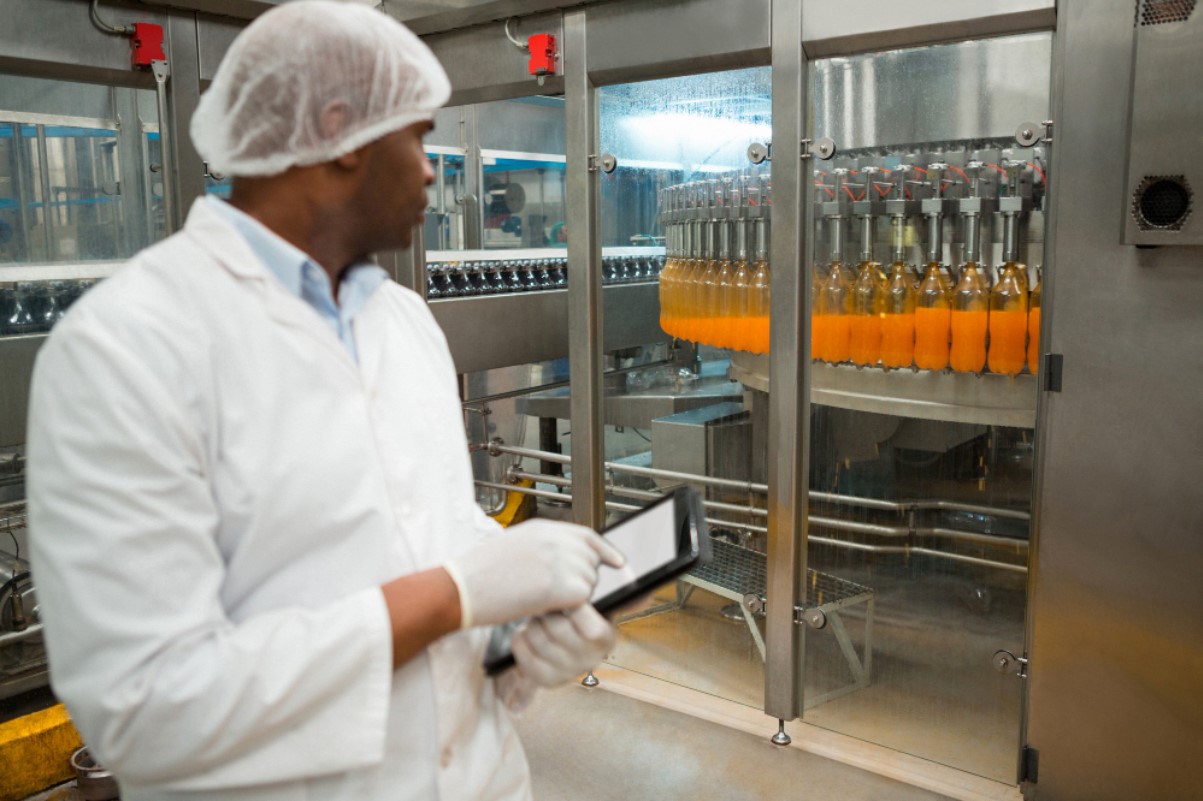
To comply with the new regulations, snack manufacturers are turning to cutting-edge food science, such as the use of natural colorants and preservatives.
This shift not only helps in aligning with the law but also in appealing to a health-conscious consumer base, thereby potentially increasing market competitiveness and innovation in the snack industry.
Economic Implications for Local Businesses

The ban could impose significant economic strains on small snack businesses in California, which may face higher production costs due to ingredient substitutions.
However, it also opens opportunities for these businesses to differentiate themselves by creating new, healthier snack options, tapping into the growing market for clean eating.
Legal Challenges and Industry Backlash

While the ban has gained support from consumer groups and health advocates, it has faced pushback from the snack industry and some lawmakers.
Critics argue that the ban is unnecessary and will lead to job losses and higher prices for consumers.
Health Benefits of Removing Toxic Ingredients

Health experts anticipate a decline in health issues related to toxic food additives, such as certain cancers and neurobehavioral problems in children, with the enforcement of the new law.
This public health victory could lead to reduced medical costs and a healthier future generation, as fewer harmful chemicals are consumed.
Impact on Childhood Obesity and Health

Removing these toxic ingredients could contribute to tackling childhood obesity and other metabolic disorders. Healthier snack options might lead to better eating habits among children, potentially decreasing the prevalence of diet-related health issues and setting a foundation for healthier adult populations.
However, portion control and balanced diets still play crucial roles in maintaining a healthy weight, and it is important not to rely solely on clean snacking options.
Comparison with Other States’ Food Safety Laws

Unlike California, some states have lagged in food safety regulations, particularly concerning toxic additives. This disparity highlights a fragmented approach to food safety in the U.S., where consumers’ health protection varies significantly by state.
California’s aggressive stance could potentially serve as a model for comprehensive national food safety standards.
Public Awareness and Education Campaigns

California plans to launch extensive public education campaigns to inform consumers about the dangers of toxic additives in snacks.
These initiatives aim to empower consumers with knowledge, enabling them to make healthier food choices and pressuring companies to maintain high safety standards in their product offerings.
Environmental Impact of Food Production Changes

Changes in food manufacturing processes to eliminate toxic ingredients could reduce environmental degradation.
Less reliance on chemical additives ultimately means fewer pollutants in waste streams, promoting a more sustainable and eco-friendly food production landscape.
Role of Science and Research in Shaping Food Law
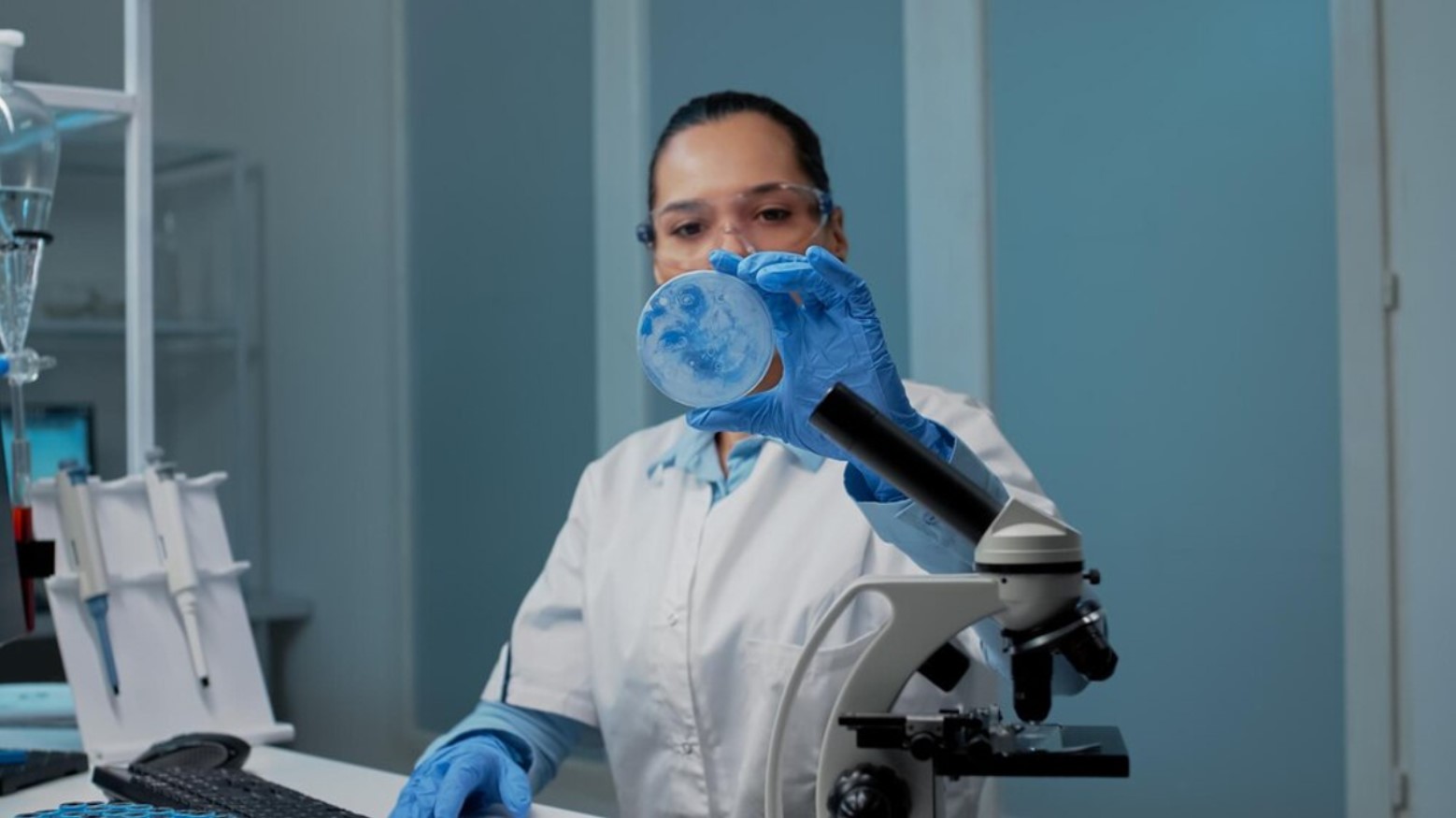
Scientific research has played a crucial role in shaping the new snack food legislation.
By providing evidence of the health risks associated with certain food additives, researchers have influenced policymakers to enact laws that prioritize consumer health over industrial convenience, setting a precedent for evidence-based regulation.
Future of Food Regulation in the U.S.
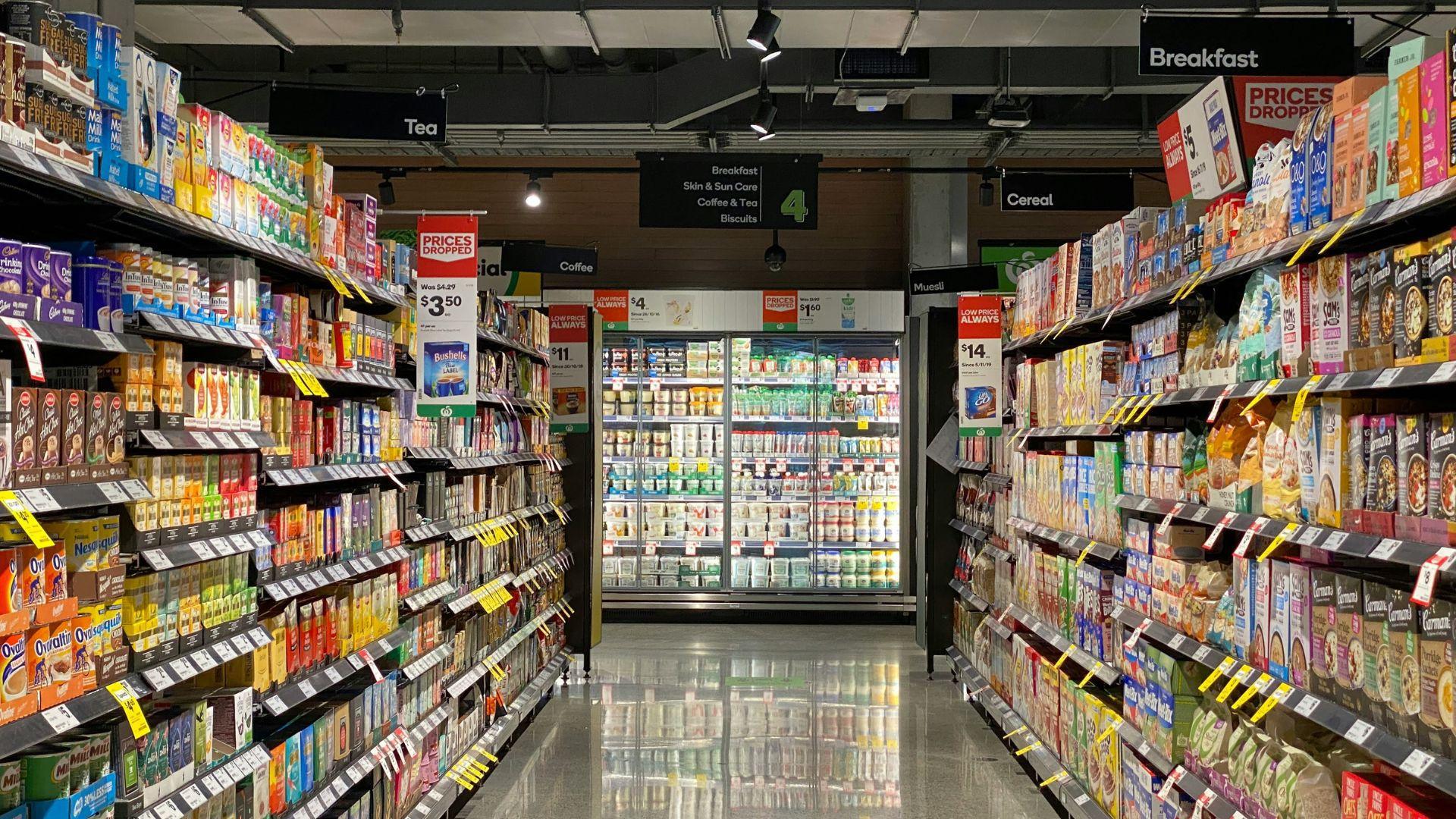
The trend set by California could result in a national movement towards stricter food regulations.
As more states witness the positive impacts of such laws, there could be a push towards federal regulations, leading to a unified, stringent approach to food safety across the U.S.








































